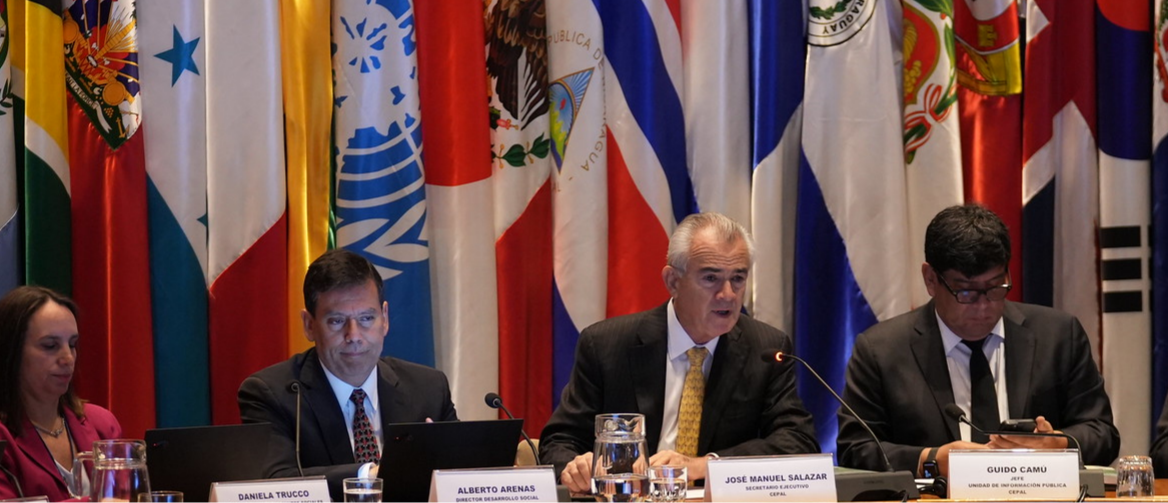
ECLAC reports on the fight against poverty
By Martiza Gutiérrez
The regional poverty rate, which increased during the pandemic, has fallen to levels similar to those of 2014, reaching its lowest point in 2023, according to an ECLAC report on Poverty Reduction in Latin America and the Caribbean 2024.
Despite this progress, income inequality remains a major challenge in the region. The report highlights that the reduction in poverty is mainly due to what happened in Brazil, where government cash transfers had a positive impact on vulnerable families.
Currently, some 172 million people in the region do not have enough income to meet their basic needs, and 66 million do not have access to a minimum food basket.
The discrepancy between the reduction in poverty and the persistence of inequality poses a serious challenge to social and economic development in the region.
The report, presented by ECLAC's Executive Secretary, José Manuel Salazar-Xirinachs, shows that poverty affects women of working age and children and adolescents more than other age groups.
Rural areas have higher poverty rates than urban areas, underscoring the importance of addressing disparities and promoting equity.
Governments should implement policies that reduce inequalities and promote social inclusion and equity. In this regard, ECLAC proposes strengthening safety nets, increasing investment in education, and promoting productive inclusion to break the cycle of poverty and ensure a fair distribution of regional economic benefits.
The current situation calls for a comprehensive approach that takes into account both the eradication of poverty and the promotion of equal opportunities, as this is the only way to build a more just and equitable society in which all citizens have access to the resources and opportunities necessary to improve their quality of life.
The fight against inequality is a challenge that cannot be ignored.

